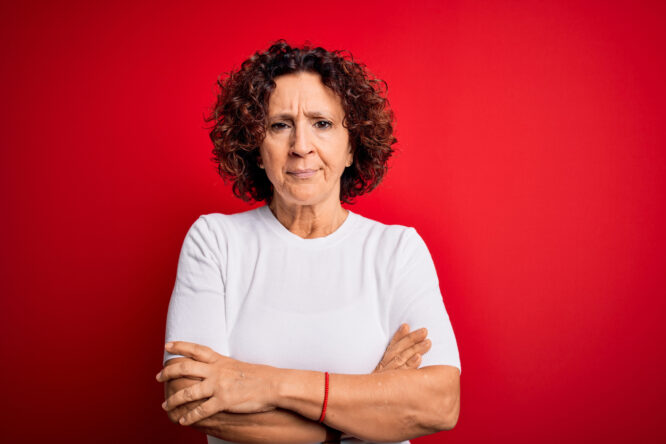The idea of settling down—house, spouse, maybe a few throw pillows with inspirational quotes—used to be the ultimate life goal.
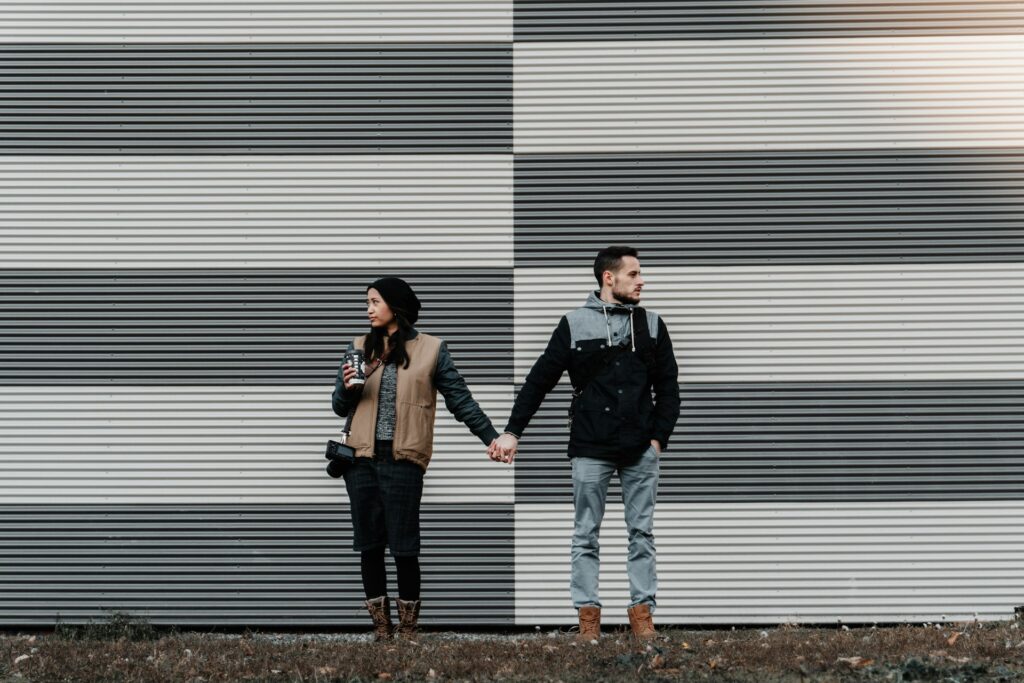 Source: Unsplash
Source: Unsplash However, for a lot of people now, it’s starting to feel more like a weight than a win. It’s not that people don’t want stability or connection anymore. It’s that the traditional version of “settling down” feels increasingly out of step with how life actually works. Whether it’s financial, emotional, or just a change in mindset, here’s why more people are rethinking the whole thing.
1. It feels financially impossible.
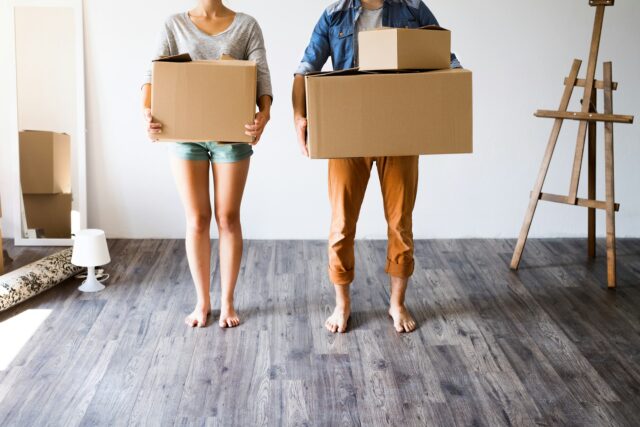
Owning a home, starting a family, or even just renting in a decent area can feel like trying to unlock a level of life with no cheat codes. Wages haven’t kept up with the cost of living, and saving anything substantial while also existing is tough.
For many, “settling down” isn’t a lifestyle choice anymore—it’s a luxury. The pressure to create financial security before committing long-term has made people delay or avoid the whole idea entirely. It’s hard to dream about forever when you’re scraping by for now.
2. Freedom feels better than it used to.

There’s something addictive about not having to answer to anyone or explain yourself. You can move cities, change your job, take a random trip, or decide to start a new hobby at 2 a.m. without having to factor in someone else’s schedule or needs.
That kind of freedom used to be a phase, something you experienced before getting “serious.” Now, it’s the lifestyle some people genuinely prefer long-term. That doesn’t make people selfish. They’re just not ready to compromise the flexibility they’ve worked hard to build.
3. Commitment doesn’t automatically mean happiness.

Plenty of people grew up watching adults who were clearly unhappy but stayed together because it was the done thing. That kind of example sticks. Settling down used to be synonymous with emotional security. Now, people are more sceptical.
Rather than locking something in just for the sake of appearances or stability, many are choosing emotional wellbeing first, even if that means walking away from relationships that look “settled” on the outside but feel disconnected underneath.
4. It doesn’t guarantee emotional safety.

The promise of “settling down” was that it would make you feel safe, loved, and secure. Of course, loads of people have done all the right steps—got married, moved in, had the ceremony, and still felt completely alone in it all.
So now the question isn’t “When will I settle down?” It’s “Does that version of life actually feel good for me?” People want emotional safety first, not a checklist. And if they’re not finding that in traditional relationships, they’re not going to force it.
5. The idea of permanence is overwhelming.

In a world where everything is constantly changing—from careers to climate to technology—the thought of choosing one person, one place, or one way to live forever feels almost unnatural. What used to feel comforting about “forever” can now feel claustrophobic. More people are accepting that long-term doesn’t have to mean permanent, and that change is a normal part of growing, not a sign of failure.
6. People are prioritising healing first.

More people are going to therapy, getting to know themselves, and working through their childhood stuff before jumping into long-term partnerships. They’ve seen what happens when people don’t, and they’re not in a rush to repeat that cycle. This means they’re more cautious about tying their life to someone else’s too early. They’re asking deeper questions: “Am I ready?” “Is this love, or familiarity?” “Do I even want what I thought I did five years ago?”
7. The dating landscape feels exhausting.

Apps, ghosting, endless small talk—it’s enough to make anyone feel burnt out. Meeting someone organically feels rare, and the constant swipe culture makes dating feel like a job instead of a journey. With all that effort just to get to “maybe,” it’s no surprise some people are opting out entirely. The idea of building a whole life with someone starts to feel like too much when the starting point already feels emotionally draining.
8. They’ve built a life they genuinely like.

For some, the life they’ve created alone is actually really good. They’ve built routines, found joy in solo hobbies, and cultivated friendships that feel just as rich and fulfilling as any romantic partnership. Adding another person into that mix isn’t automatically appealing—it has to enhance what’s already there, not disrupt it. That’s a very different mindset from past generations, who were often expected to find “completion” in coupledom.
9. Gender roles feel outdated.

In a lot of traditional settling down dynamics, gender roles still creep in—whether it’s who does the housework, who handles the emotional labour, or who’s expected to compromise more. Frankly, plenty of people are just over it. They’re not interested in partnerships that default to old patterns or make them feel like they’ve stepped into a 1950s household. If equality isn’t present, settling down just feels like a trap rather than a team.
10. They’ve seen too many friends lose themselves in relationships.
 Source: Unsplash
Source: Unsplash Everyone knows someone who fell off the face of the Earth after getting into a relationship, or slowly morphed into a version of themselves they barely recognised. That’s enough to make anyone wary. Settling down shouldn’t mean settling for less of yourself. More people want partnerships where both people still feel free to grow, change, and show up as their full selves—not dimmer, smaller versions of who they used to be.
11. It’s no longer a social requirement.

In the past, settling down wasn’t just personal—it was cultural. It was what you were expected to do, and doing it “on time” was a sign of success. That pressure hasn’t fully gone, but it’s definitely not what it was. Now, being single past 30 doesn’t carry the same stigma, and people are way more open about choosing different paths. There’s less shame in saying, “That life isn’t for me,” and more curiosity around what else might be possible instead.
12. They’re still figuring out who they are.
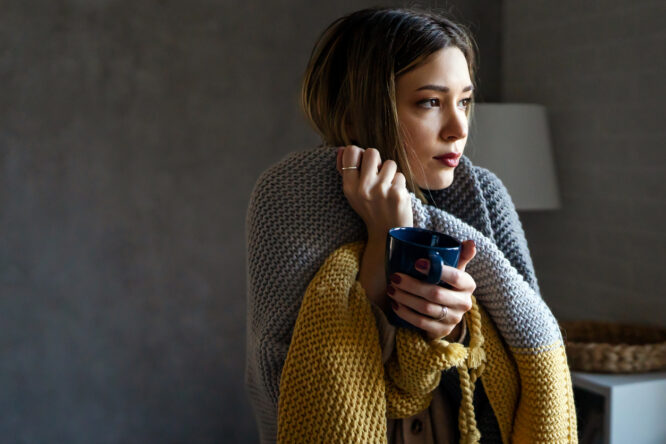
It’s hard to commit to someone else’s life when you’re still piecing together your own. Whether it’s figuring out identity, purpose, or values, a lot of people are still in the thick of becoming, and they don’t want to lock themselves into a version of life that might not fit in a few years.
Settling down assumes a level of certainty that many just don’t have. And rather than fake it for the sake of appearances, they’re choosing to wait. It’s not because they’re afraid of commitment, but because they actually respect it too much to rush it.
13. Traditional timelines don’t make sense anymore.

Get married by 30, kids by 35, mortgage by 40—that timeline just doesn’t line up with modern realities anymore. Life is messier now. Careers take longer to build. People move around more, and many just aren’t ready when society says they “should” be.
So instead of forcing their life into a shape it’s not ready for, they’re choosing to do things on their own timeline—or not at all. There’s a quiet confidence in that kind of pacing, even if it confuses their aunt at Christmas dinner.
14. Settling down doesn’t mean what it used to.

For a lot of people now, “settling down” doesn’t mean planting roots and staying put. It means finding peace, not permanence. They’re still open to love, commitment, and connection—but not in the way previous generations defined it.
This version is looser, more adaptive, and often more honest. It leaves room for travel, change, reinvention, and growth. It’s not about staying in one place; it’s about choosing the kind of stability that actually fits your life, not just your postcode.
15. People have higher standards now.
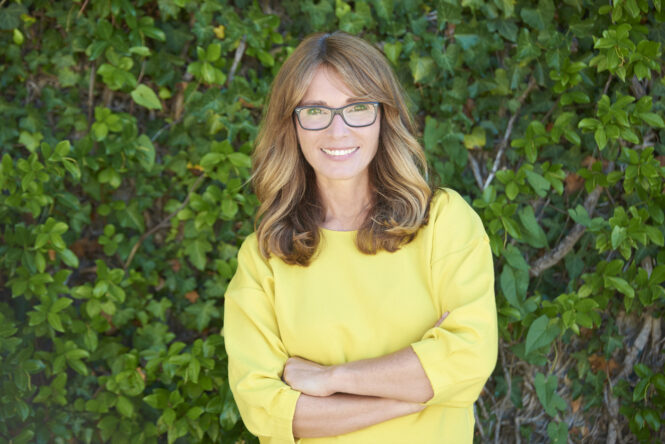
Many people would rather be single than settle for someone who feels like “good enough.” That doesn’t make them picky; they’re just realising that emotional safety, shared values, and genuine connection can’t be forced or faked. The idea of settling down with someone just because it’s time, or because everyone else is doing it, doesn’t cut it anymore. People are holding out for something that actually feels right, not just something that looks right on paper.
16. They’re already living a full life.

At the end of the day, “settling down” isn’t always the next step—it’s one option. Plus, more people are realising that life can be rich, meaningful, and deeply fulfilling without following the traditional script.
From deep friendships and solo adventures to creative pursuits and personal freedom, they’ve found enough joy and meaning in the life they’ve built on their own. If love comes along and fits into that? Great. If not? They’re not waiting around to feel whole.


